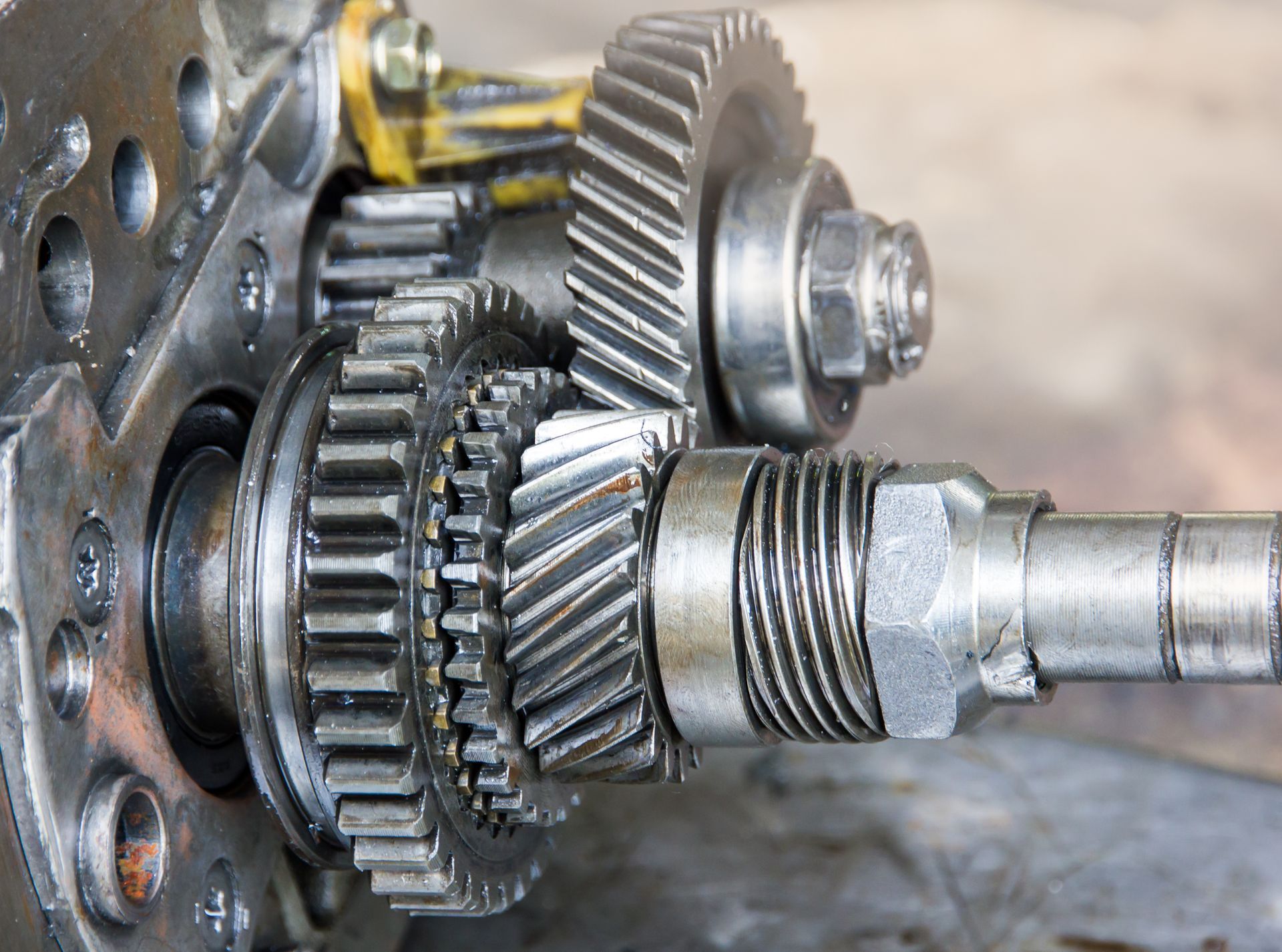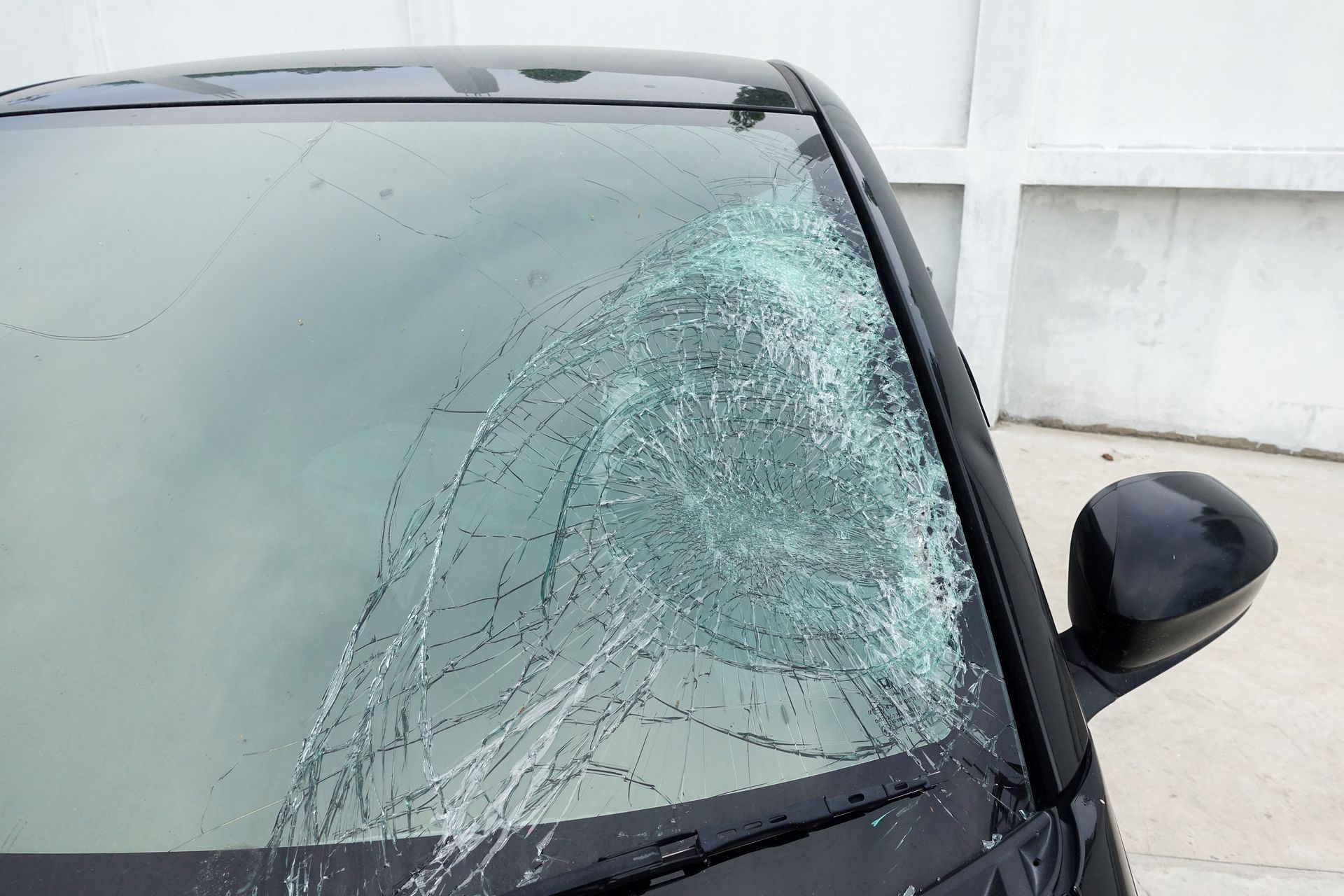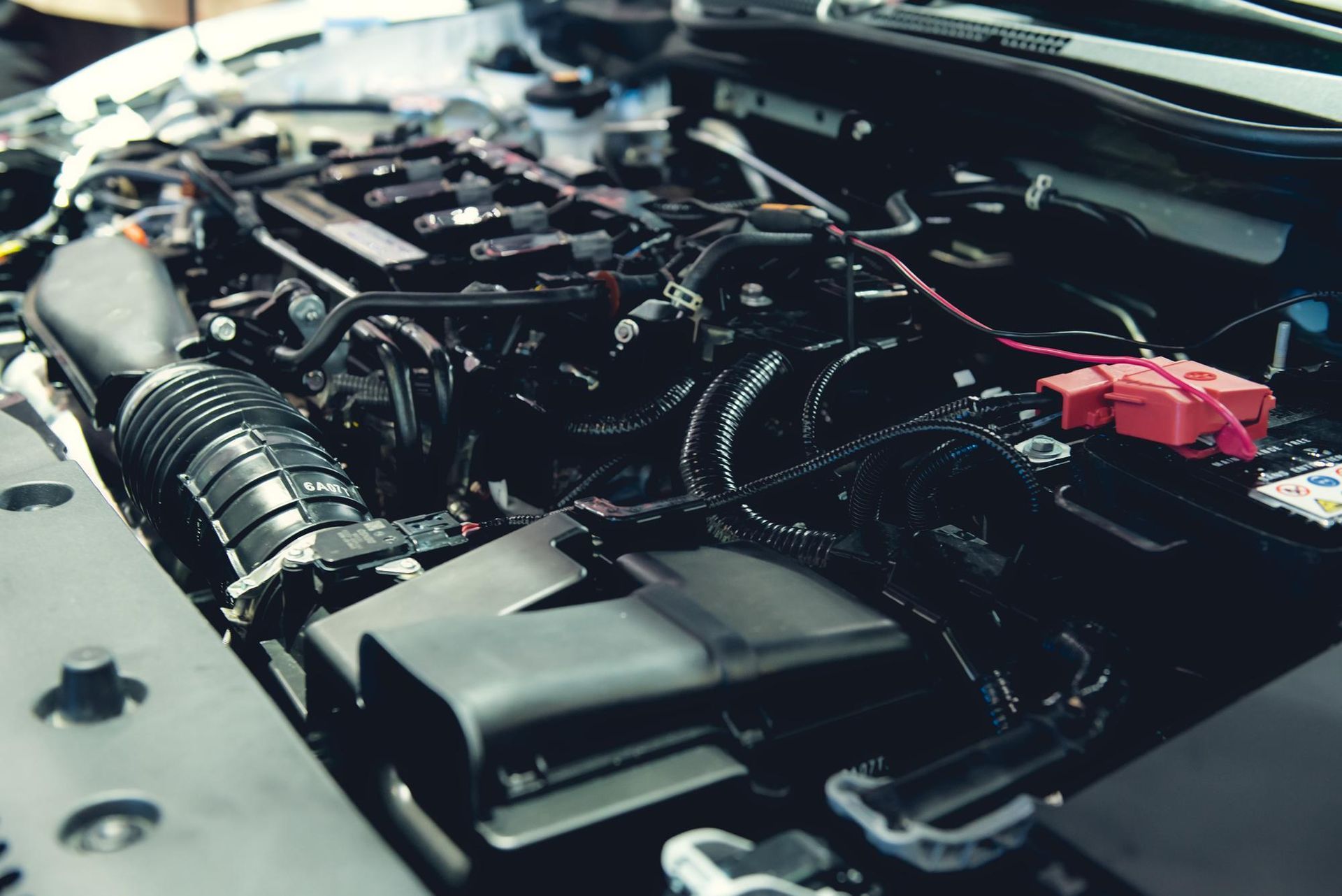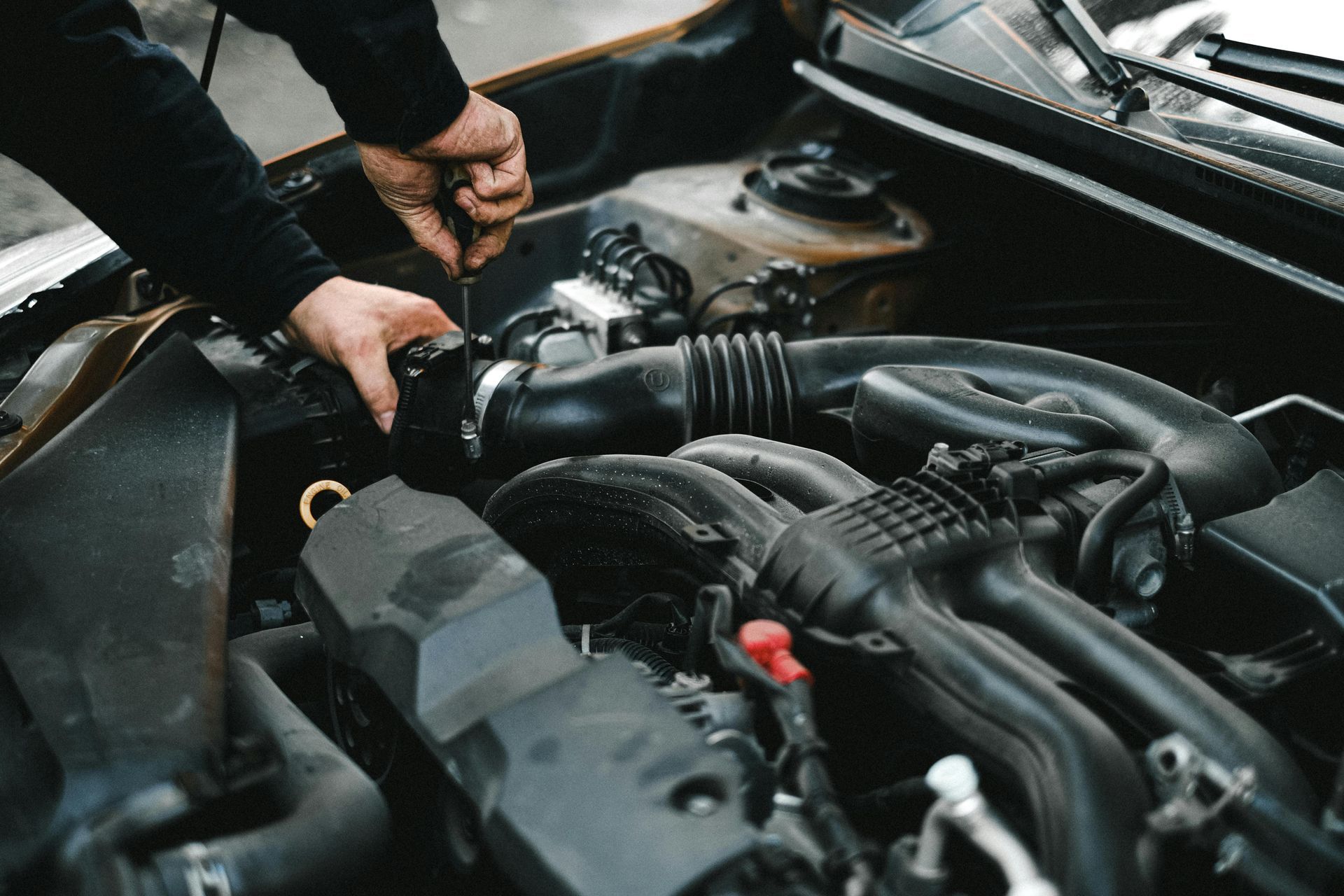Transmission Repair: Recognizing Signs and Finding Reliable Services
Imagine this: You’re cruising through the drive-thru, ready to claim your well-deserved burger and fries. You shift into drive and… nothing. The engine revs, your foot taps nervously, but your car? It just sits there like it’s on strike. That, my friend, is the power — or lack thereof — of a transmission gone rogue.
When your transmission starts acting up, your entire vehicle can feel like it's falling apart. But don’t panic just yet. This guide will help you recognize the early warning signs, understand your options, and help you find trustworthy transmission repair services that won’t take you (or your wallet) for a ride.
So buckle up. Whether you drive a manual, automatic, or have no idea what your transmission even looks like, this one's for you.
1. Common Signs You Need Transmission Repair: Don’t Ignore These Red Flags
Let’s start with the basics. The transmission is responsible for shifting gears and making sure your vehicle gets the right amount of power at the right time. When it’s on the fritz, your car becomes unpredictable — and that’s not something you want in 3 lanes of rush hour traffic.
Watch out for these warning signs:
Slipping Gears
- Feels like the car is changing gears on its own
- Engine revs high without gaining speed
- Sudden jolts or lag when accelerating
Delayed or Rough Shifting
- Takes forever to shift into gear
- You feel a “clunk” or hesitation when the car finally moves
Weird Noises
- Grinding, whining, or buzzing when the car is in gear
- Especially noticeable in neutral or when changing gears
Burning Smell
- Often a sign of overheating transmission fluid
- Smells like something’s cooking — and not in a good way
Leaking Fluid
- Reddish or brown puddles under your car
- Transmission fluid should be sealed, not shared with your driveway
If your vehicle is doing any of the above, it’s waving a giant red flag and yelling, “Hey! Find transmission repair shops near me!” Okay, maybe not yelling, but it's definitely trying to tell you something.
2. Why Transmission Issues Should Never Be Ignored
We get it. Life’s busy. And maybe your car still kinda works. But ignoring transmission problems is like ignoring a toothache — it only gets worse, and eventually it’s going to cost a lot more than it should.
Here’s what can happen when you delay repairs:
- Worsening damage: What started as a small leak can lead to total failure.
- Higher costs: Minor repairs might turn into a full rebuild or replacement.
- Safety risks: A slipping or unresponsive transmission can make your car unpredictable on the road.
- Breakdowns at the worst moment: Think highway breakdown or stalled at a green light. Not fun.
You wouldn’t wait until a fire alarm starts smoking to replace the batteries. Treat your transmission with the same urgency.
3. Types of Transmission Repair: What Are Your Options?
Not all repairs are the same, and understanding the types of services available can help you feel a little less lost when the mechanic starts talking shop.
Types of transmission repair:
Transmission Fluid Change
- The easiest fix if dirty or low fluid is the problem
- Can prevent bigger issues down the road
Transmission Flush
- Deeper cleaning that removes old fluid and contaminants
- Often recommended if shifting is rough or fluid is discolored
Repair or Replacement of Parts
- Includes solenoids, gaskets, sensors, and clutches
- Solves specific component failures
Rebuild
- Disassembling the entire transmission and replacing worn or damaged parts
- Ideal when multiple parts are failing but the core is still usable
Replacement
- A brand-new or remanufactured transmission is installed
- Most expensive, but sometimes necessary if damage is extensive
Not sure what you need? That’s where the pros come in. A qualified technician can inspect your transmission, run diagnostics, and recommend the best (and most cost-effective) route.
4. Preventive Maintenance: Keep Your Transmission Happy
The best kind of transmission repair is the one you don’t need. Preventive maintenance can extend your transmission’s life and reduce the risk of sudden breakdowns.
Tips to maintain a healthy transmission:
Check your fluid regularly
- Fluid should be red, clean, and smell sweet
- If it’s brown or smells burnt, it’s time to change it
Stick to service intervals
- Follow your manufacturer’s schedule for fluid changes or inspections
Go easy on the gas pedal
- Aggressive driving increases wear on transmission components
Don’t tow beyond your car’s limits
- Overloading your vehicle can cause overheating and stress
Get issues checked early
- Catching problems while they’re small saves you money in the long run
Treat your transmission like a teammate — give it support, and it’ll keep showing up game after game.
Local Transmission Experts You Can Count On in Baker City, OR
Trust Paul’s Transmission & Auto Repair for Reliable, Honest Service
If your car is showing signs of transmission trouble, don’t wait for the problem to shift from bad to worse. At Paul’s Transmission & Auto Repair, we specialize in expert transmission repair that keeps your vehicle safe, reliable, and road-ready. Whether you’re hearing strange noises, noticing slipping gears, or just have a gut feeling something’s off, our team will diagnose the issue and get you back behind the wheel with confidence.
We proudly serve
Baker City, OR, and the surrounding areas, offering honest service, fair prices, and decades of experience. In addition to transmission repairs, we also offer
brake repair,
diesel repair,
engine repair, and more. Call us today at
(541) 523-6923 to schedule an inspection or learn more. We’ll treat your vehicle like it’s one of our own — just without the backseat french fries.
FAQs
How do I know if my transmission needs to be repaired or replaced?
It depends on the extent of the damage. A technician can run diagnostics to determine if specific parts can be repaired or if a full rebuild or replacement is needed.
What does transmission repair usually cost?
Costs vary depending on the issue. Fluid changes may cost under $200, while rebuilds or replacements can range from $1,500 to $4,000 or more.
Can I drive my car if the transmission is slipping?
It’s not recommended. Driving with a slipping transmission can cause more damage and leave you stranded. Get it checked as soon as possible.
How often should I change my transmission fluid?
Most manufacturers recommend every 30,000 to 60,000 miles, but this can vary. Check your vehicle’s manual or ask a professional for guidance.
Do all shops handle transmission repair?
Not always. Some general mechanics may refer you to specialists. That’s why it helps to search specifically for “transmission repair shops near me” when looking for help.












